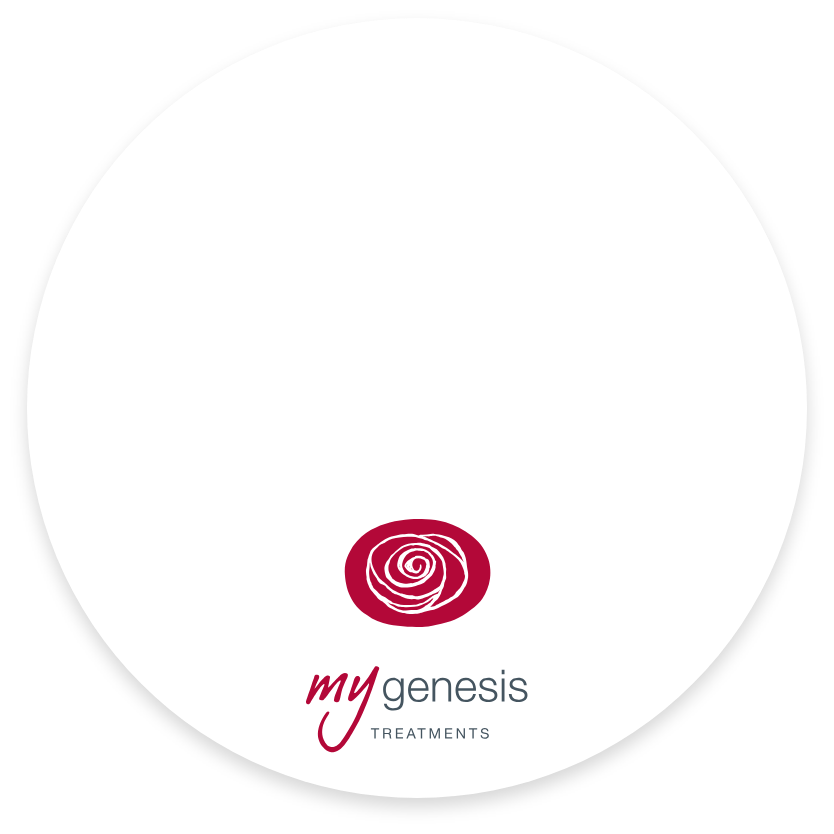
First Year
Currently I am studying for my Bachelors of Dermal Sciences. I completed my first year of university last year in 2022. The units I studied in my first year involved philosophy, cognition, OCC health and safety, dermal sciences, dermal research methods, legal and ethical practices and laser principles and safety. These units all gave me an understanding of the dermal industry and what it will take to complete the degree to become a qualified dermal clinician.
What were the most recent subjects about?
In the last two months I have completed two units in my second year at university.
The first one completed was for dermal sciences 3. In my first year I had completed two of these units already where we started looking into the integumentary systems structure and function, and craniofacial anatomy, as well as pathophysiology, immunology, cellular damage, allergy, inflammation, wound repair, neoplasia, and tissue responses to stress. In this third unit we started to build on all this knowledge and began looking into specific skin conditions. Looking further into the management of conditions such as dermatitis, eczema, psoriasis, benign and pre-malignant skin lesions, and skin cancers.
The most recent unit completed was for chemistry and cosmetic chemistry. This involved looking into various components of cosmetic formulations and the roles of them in products. We were shown how these ingredients penetrate the skin and what influence they may have.
What did you enjoy learning the most?
In the dermal sciences unit, I really enjoyed learning how the skin conditions, diseases and disorders presented on the skin and how we can help manage these with skincare advice and treatments. Some of these conditions, as a Dermal Clinician we cannot treat or manage, so this was interesting to see what these conditions are and who to refer them on to for further assessment.
As hard as chemistry was, throughout the unit I found learning about how the product formulations come together very interesting. I can now read the ingredients listings on a product and feel confident enough to understand why things are there for each product.
What was the hardest thing about these subjects or studying in general?
Overall, for both units I had lectures at 5pm, two days a week, which I found to be quite a challenge to focus on, especially after work.
There were so many different types of skin conditions, diseases, and disorders that we learned throughout dermal sciences 3. I think all together there were about 73 types. I found learning about each one individually very interesting but then trying to remember them all, why they form, and how to help them was quite a challenge.
Chemistry overall was quite intense. The hardest part was trying to remember all the names for the various parts of the formulations as some of the names are quite hard to pronounce and exceptionally long.
What did you learn that was interesting?
Everything involved with dermal sciences was interesting. The most interesting part of the unit was when we learnt how to use a dermatoscope. This made a lot of the skin conditions, diseases, and disorders we investigated far more interesting because you could see extremely close on what was happening to the skin.
In the chemistry unit, I found learning about the ingredients known as antioxidants quite interesting. Antioxidants help with preventing damage from free radicals. Free radical molecules are highly reactive and unstable meaning they take electrons from other molecules to become stable, damaging these molecules in the process. Antioxidants can come in and donate an electron to the free radical, therefore neutralizing the molecule so it does not need to damage the other molecules.
How will these subjects help you as a Dermal Clinician?
The dermal sciences 3 unit has provided me with more knowledge on a range of dermatological conditions. It has taught me how to identify different clinical features, which will help me identify the condition patients may present with in clinic. This will help me to provide options for potential treatments and give the patients a management strategy for themselves in the clinic and at home.
Chemistry has given me further knowledge on product formulations and how these can influence the skin in certain ways. This will help with being able to give the correct recommendations with skincare prescriptions, targeting specific skin conditions and concerns of patients. This knowledge will also assist with clinic procedures like chemical peels, as I will be able to identify the risk for the chemicals being used.
Our qualified team provide a comprehensive range of treatments for complete skin rejuvenation, cosmetic injectables, laser hair removal and non-surgical body sculpting.